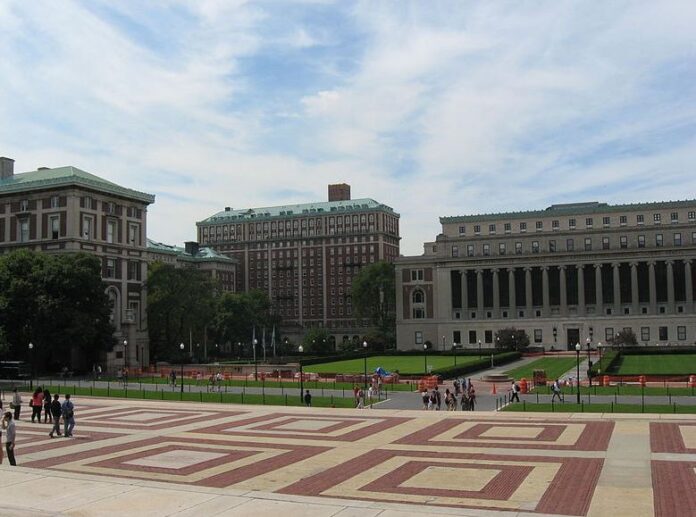The fight for the teaching of Asian American studies is being waged this school year from K-12 through college.
In Southern California, Anaheim Union High School District is offering a course about the Korean American experience. It’s believed to be the first of its kind, reports Ed Source.
“It’s huge,” said professor Edward Chang of the University of California, Riverside. “It’s a starting point, and I’m hoping it will spread to other school districts.”
The course begins with the first wave of Korean immigrants in the 19th century to the current day popularity of KPop.
“This class is not just about Korean Americans. It’s U.S. history, but through the eyes of Korean Americans,” said Cho. “By learning other ethnic groups’ history, you get to expand your perspectives and views.”
In the State of Pennsylvania, State Senators Maria Collett (D-12 Montgomery) and Nikil Saval (D-1 Philadelphia) introduced a bill Thursday to introduce Asian American curriculum in grades K-12.
“I’ve received many messages from constituents expressing safety concerns given the rise of attacks on Asian Americans since COVID and calling for education to address these prejudices before they take root,” said Senator Collett. “This bill is an important first step to make sure our education system reflects all of our peoples’ histories.”
The mission of the group Make Us Visible Pennsylvania has been to implement the teaching of Asian American history in public schools.
“This bill will help us continue to have conversations within our communities about the importance of including AAPI history in K-12 schools. As we continue to see a rise in hate, bullying, and violence, our hope is for everyone to learn about how we contributed to what is now the United States of America, so we can be seen as neighbors instead of as foreigners or threats.”
State House Representative Patty Kim introduced her own version of the bill back in March. It has yet to make it out of the education committee. The two bills aare considered companion measures. The introduction of the bill in the Senate could give new life to the bill in the house. If both bills pass, they would have to be merged into one and passed by both houses before it could be signed by the governor.
At Columbia University in New York City, students renewed the call this week for the establishment of Ethnic Studies. It’s a battle that first began in 1996 with a 15-day hunger strike that ultimately led to the creation of the Center for the Study of Ethnicity and Race. Nearly 30 years later, the dream of an Ethnic Studies Department remains unfulfilled.
“In an op-ed written in the Columbia Spectator, students Ethan Chua, Autumn Galindo, and May Niiya wrote “Ethnic studies departments are essential to all universities in the contemporary United States in order for students to understand the ongoing consequences of institutionalized white supremacy and to uplift responses from communities of color calling for systemic change. If members of Columbia are to grapple with the ongoing structural violences underpinning American life, surface-level neoliberal reforms such as the contingent hiring of specialists in diversity and inclusion and the occasional contract for adjunct faculty in ethnic studies can never take the place of transformative institutional change.”
Throughout the country this push for diversity in education is going up against the countermeasures from the extreme right to eliminate all use of race and even mentions of diversity.
“Lawmakers, mostly Republicans, say that the DEI bureaucracy has gone too far. They say that it’s costly for taxpayers, it’s ineffective, and it infringes on academic freedom and that it goes against the American ideal of treating people as individuals,” said reporter Adrienne Lu of the Chronicle of Higher Education. She spoke to NPR back in June. Some politicians argue that through DEI work, colleges are trying to indoctrinate students with liberal or woke ideology.
Most colleges disagree.
“Some universities also point out that DEI efforts are intended to help not only students of color but all kinds of students who might need additional support and resources to succeed in college. These include first-generation college students, students with disabilities, veterans and women in STEM fields, for example. So to ban DEI efforts could really affect many different kinds of students,” said Lu.
AsAmNews is published by the non-profit, Asian American Media Inc.
We are supported through donations and such charitable organizations as the Robert Wood Johnson Foundation. A big thank you to all our readers who supported our year-end giving campaign. You helped us not only reach our goal, you busted through it. Donations to Asian American Media Inc and AsAmNews are tax-deductible. It’s never too late to give.
Please also follow us on Instagram, TikTok, Facebook, YouTube and X.

